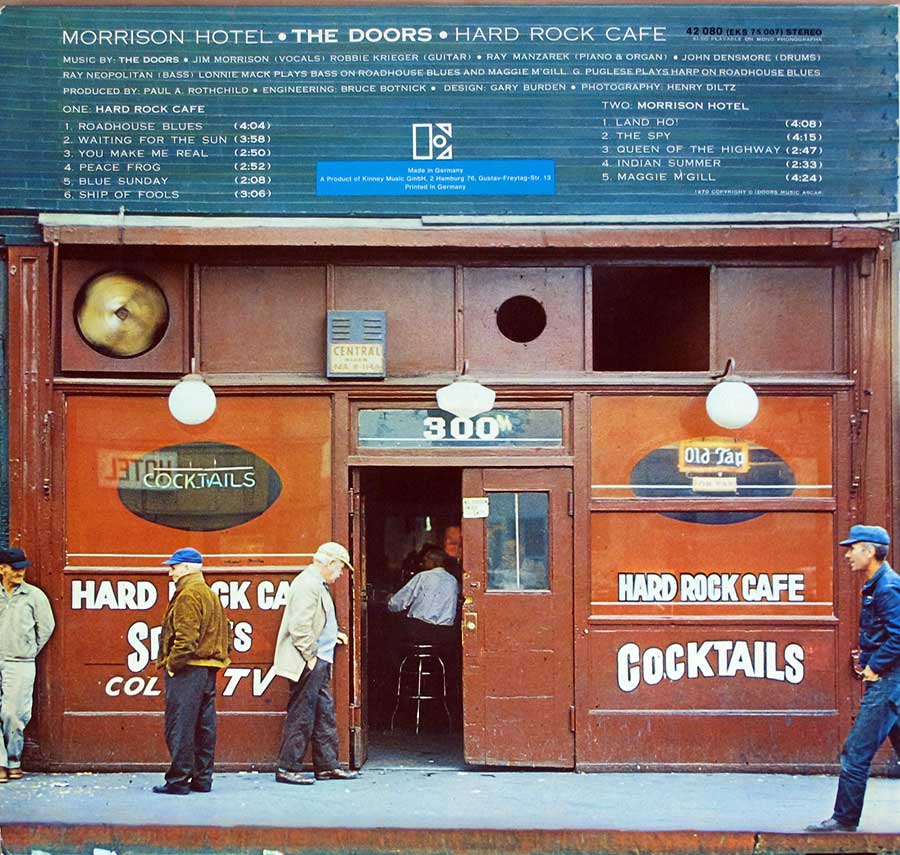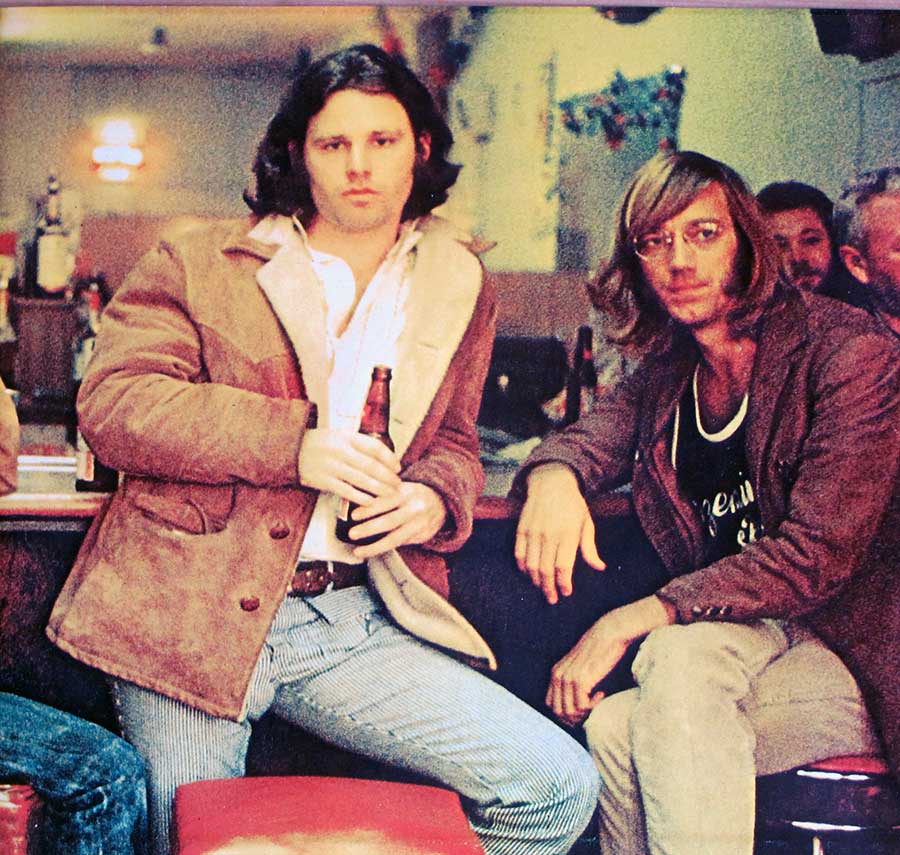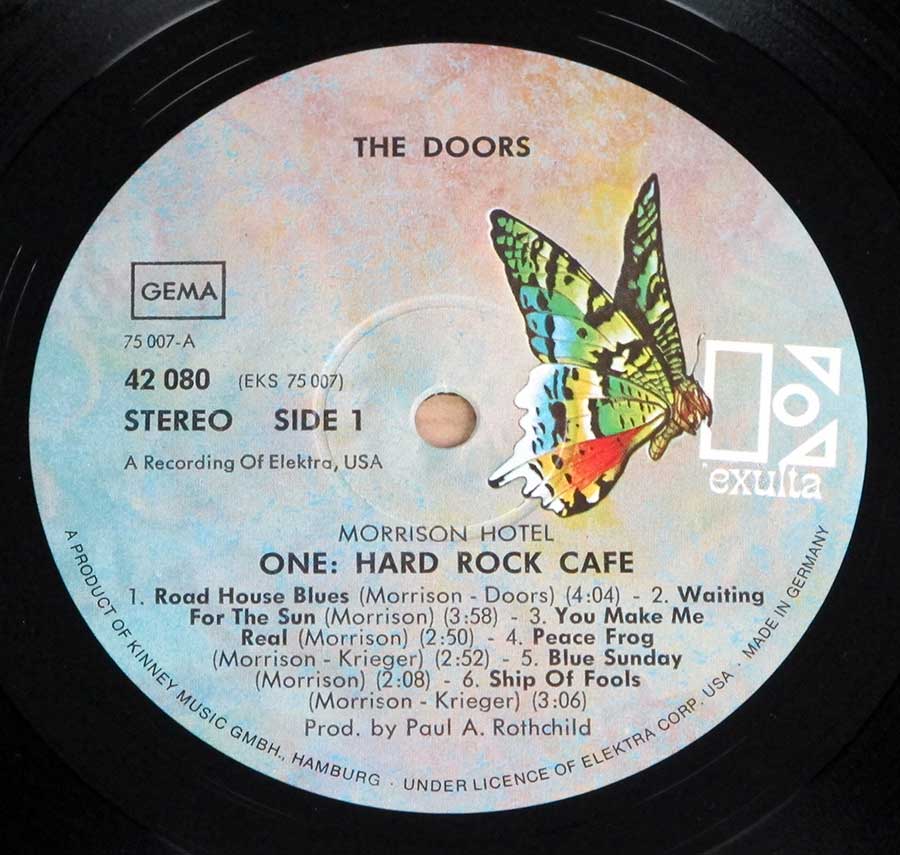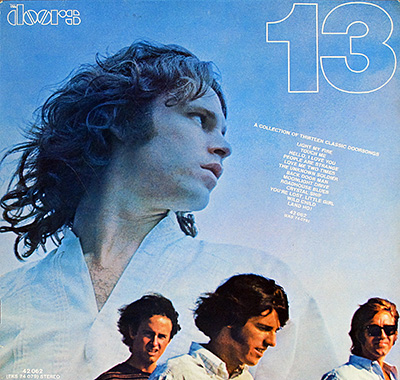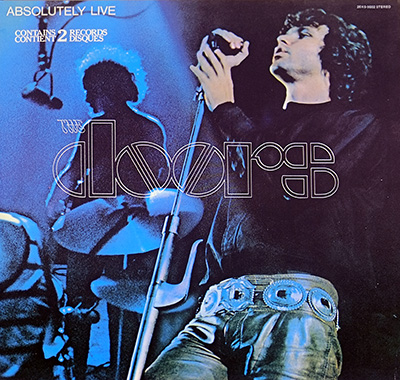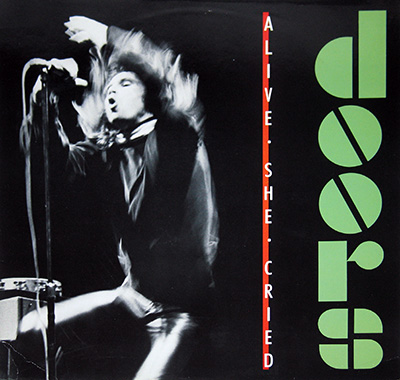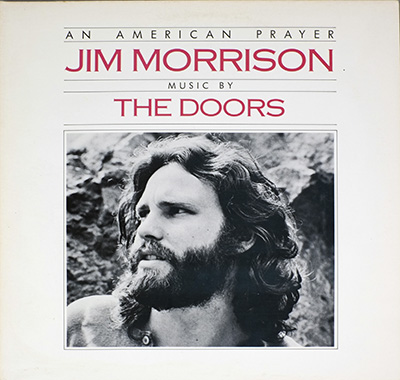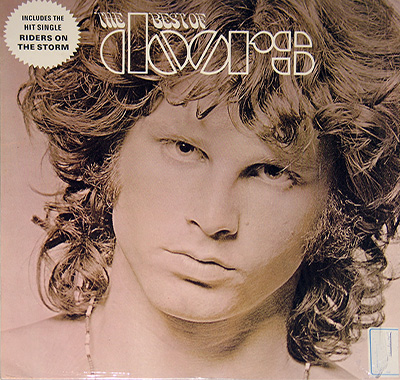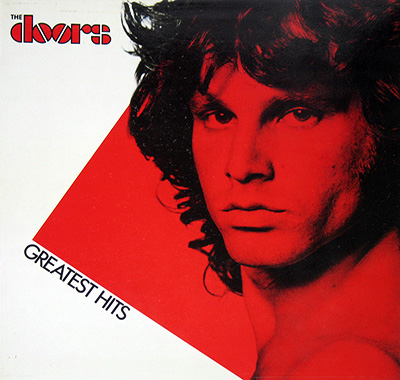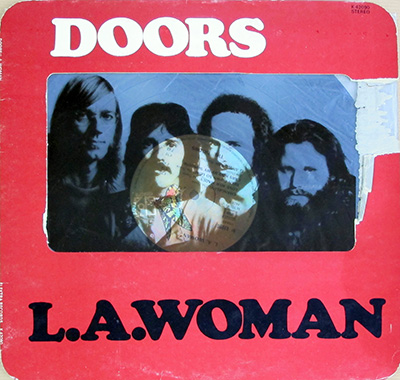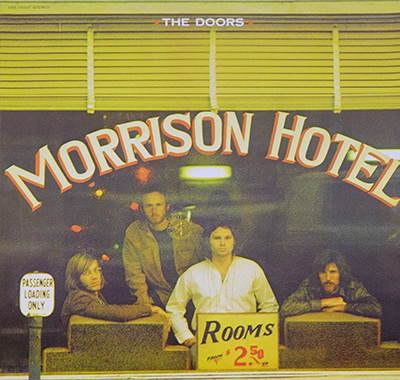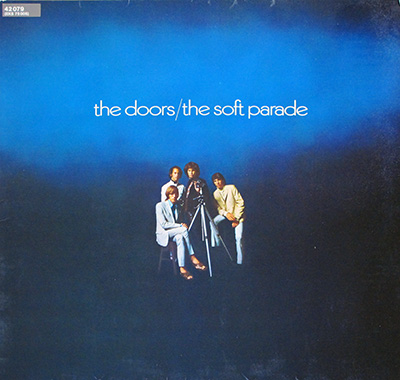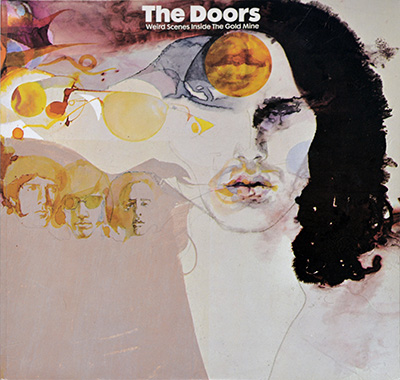"Morrison Hotel Hard Rock Cafe" Album Description:
The year was 1970, and The Doors, one of the iconic bands of the 1960s, were at a crossroads. Their previous album, "The Soft Parade," had taken a departure from their traditional sound, incorporating orchestral elements and a more elaborate production. However, the reception was not as expected, and the band faced criticism for deviating from their blues and rock roots.
In response to this, The Doors decided to go back to basics, rediscovering the essence of their sound and reconnecting with the raw energy that had made them legendary. The result was the creation of the classic album "Morrison Hotel."
Released in 1970, "Morrison Hotel" marked a significant shift in The Doors' musical direction. The album embraced a more straightforward and stripped-down approach, showcasing the band's prowess in rock and blues. The decision to return to their roots was a deliberate one, a response to both the musical climate of the time and the band's own artistic instincts.
The album cover itself is iconic, featuring a photograph taken by Henry Diltz of the Morrison Hotel in Los Angeles. The cover captures the essence of the album - a gritty and unpolished image that reflects the raw energy within the music. The gatefold 12" LP vinyl format adds to the tactile experience of the album, inviting listeners to engage with the music on a more physical level.
One notable aspect of "Morrison Hotel" is the inclusion of blues influences, a subtle steer towards a genre that would be fully explored in their subsequent album, "L.A. Woman." Tracks like "Roadhouse Blues" exemplify this bluesy shift, with Jim Morrison's vocals taking on a more soulful and raspy quality. The album, as a whole, serves as a bridge between the experimental phase of "The Soft Parade" and the bluesy exploration of "L.A. Woman."
The creative process behind the album involved a renewed collaboration among band members. Jim Morrison's poetic lyrics, Ray Manzarek's distinctive keyboard work, Robby Krieger's skillful guitar playing, and John Densmore's dynamic drumming all converged to create a cohesive and powerful musical statement.
"Morrison Hotel" not only revitalized The Doors' career but also left an indelible mark on the history of rock music. It stands as a testament to the band's ability to evolve and adapt while staying true to their artistic roots. The raw, unfiltered sound of the album, coupled with its distinctive cover art, makes it a timeless piece of musical history that continues to captivate listeners decades after its release.
Personnel/Band Members and Musicians on: DOORS - Morrison Hotel Hard Rock Cafe
|
Band-members, Musicians and Performers
- Jim Morrison – lead vocals
- Ray Manzarek – tack piano o, Gibson G-101 organ , Vox Continental organ , piano , Wurlitzer electric piano , Fender Rhodes Pi, Hammond C-3 organ
- Robby Krieger – guitar
- John Densmore – drums
- Lonnie Mack – bass guitar
- Ray Neapolitan - bass guitar
- John Sebastian (as "G. Puglese") – harmonica
John Sebastian (Full-name: John Benson Sebastian) was born on 1 August 1942,
John Sebastian is an American musician, singer, and songwriter, best known as the leader of the rock band The Lovin' Spoonful. He was born on 17 March 1944, in New York City. Sebastian began his career in the 1960s as a member of The Lovin' Spoonful, which he formed with Zal Yanovsky in 1965. The band released several hit albums and had hit songs such as "Do You Believe in Magic," "Summer in the City," and "Daydream."
After The Lovin' Spoonful broke up in 1968, Sebastian embarked on a successful solo career, releasing several albums and had hit songs such as "Welcome Back" and "Daydream." He has been known for his folk-rock and blues-rock style, blending elements of folk, rock, and blues music. He also composed music for film and television, such as the theme song for the TV series "Welcome Back Kotter".
Sebastian has been active in the music industry for many decades and has collaborated with a wide range of artists. He was inducted into the Songwriters Hall of Fame in 2000 and continues to perform and record music. He is considered one of the most influential musicians of his generation and one of the greatest songwriters of all time.
|

